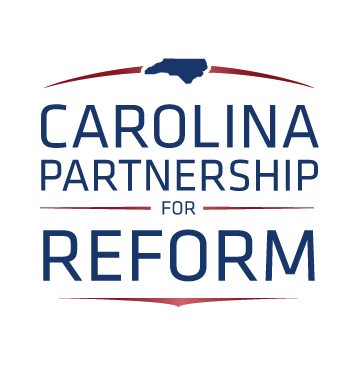Savings Reserve Balance.
CPR believes that a robust Savings Reserve protects the state from devastating budget cuts during an unforeseen emergency or economic downturn.
Responsible governance means saving for unforeseen events. When the 2008-09 financial crisis began, the balance in the Savings Reserve totaled just 4% of annual spending. The Great Recession caused state revenues to drop far more than 4%, meaning the legislature could not use the Savings Reserve to cover deficits. The General Assembly had to freeze teacher pay, slash the education budget, and make other devastating cuts because it had not saved enough for a rainy day.
When the Reform Majority took control of the legislature in 2011, they resolved to avoid the crippling mistakes of the past. They started building a healthy Savings Reserve, and have continued that work diligently despite drawing down the fund in response to major hurricanes.
By the end of Fiscal Year 2023, the reserve will total $4.75 billion. At 17% of the state’s annual spend, the reserve is strong enough to withstand a collapse even bigger than the Great Recession.
In 2022, Pew Charitable Trusts praised North Carolina for conducting annual budget stress tests and capitalizing the Savings Reserve appropriately. North Carolina’s responsible approach, Pew wrote, means lawmakers “have up-to-date information to help them decide how much needs to be set aside going into the legislative session and how much is available to fund other priorities.”
Controlled Spending.
CPR believes that state spending growth should be no higher than the rate of inflation plus population growth. The people spend their money far better than government spends their money.
In the 20 years before the Reform Majority took control, the legislature employed roller coaster-style budgeting. That is, they spent everything they had in the boom years only to make big cuts in the bust years. This type of up-and-down budgeting is unpredictable, unstable, and unhealthy.
The Reform Majority put an end to that practice. When they took charge in 2011, they started saving in the boom years to avoid steep cuts in the bust years. The result has been a predictable, smooth, and responsible state budget trajectory.
Spendthrifts, including Gov. Roy Cooper, attacked the Reform Majority for its responsible budgeting, arguing they were socking away too much money and should’ve spent it instead. Amazingly, the left-wing N.C. Justice Center said building up the Savings Reserve “demonstrate[s] an unreasonable commitment to savings.” This is a brazen about-face, as the same organization said after the Great Recession, “The failure to save adequately during times of growth has limited the ability of the Rainy Day Fund to help address budget shortfalls.”


